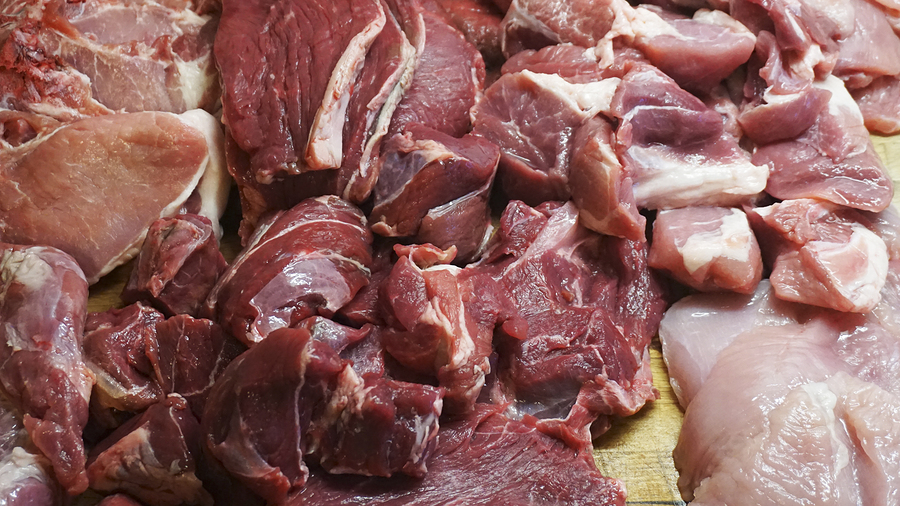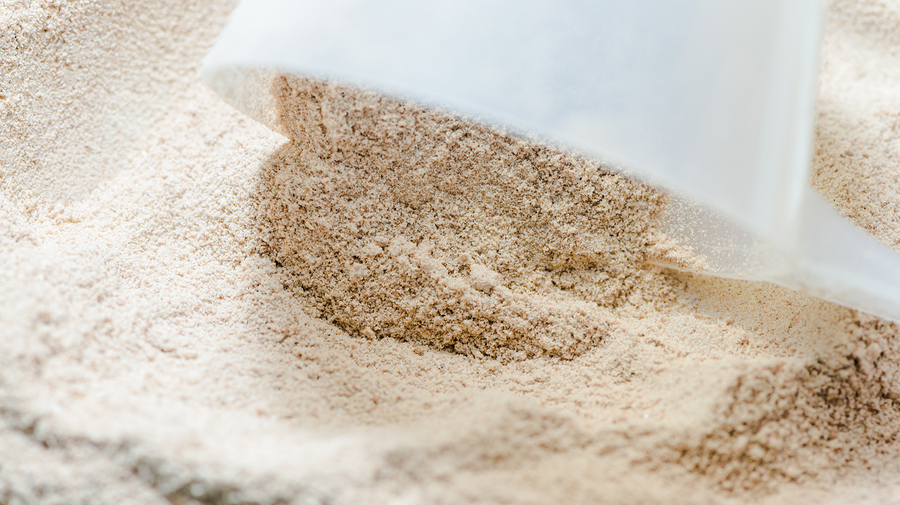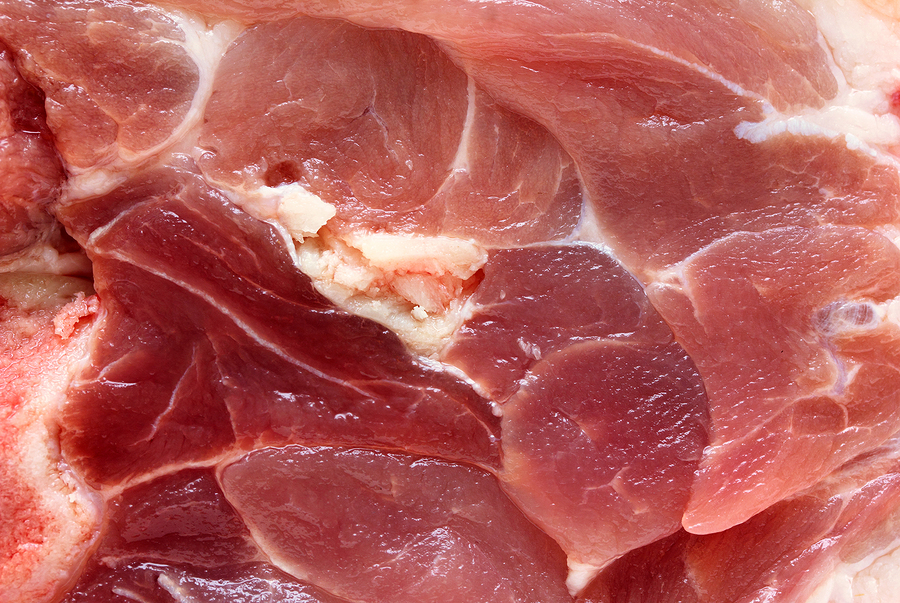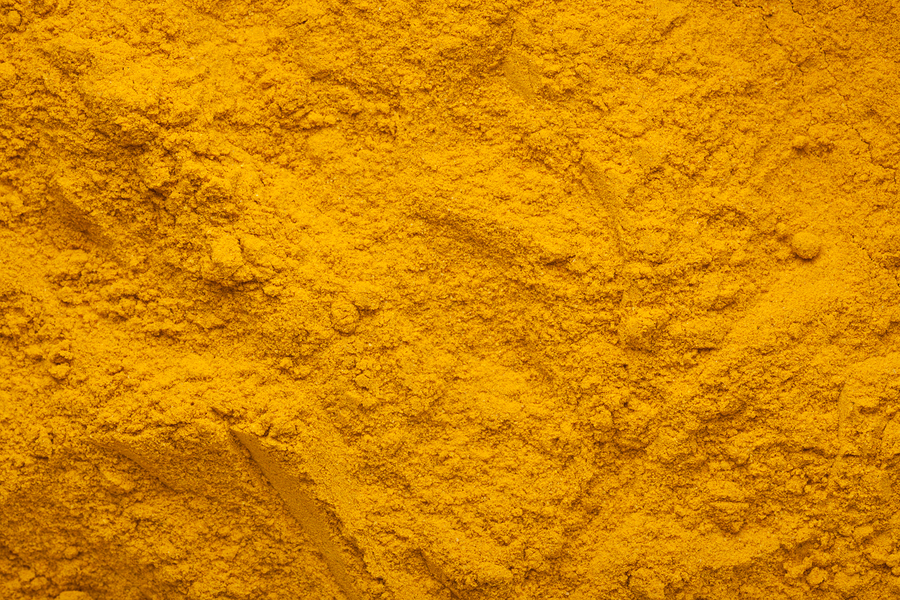Raw Dog Food Diet: Meat vs Offal
It’s understandable that many people new to feeding their dogs raw get confused about what is classified as meat and what is classified as offal (organs) within the guidelines of the raw dog food diet. What a butcher classifies as offal is not always what…



